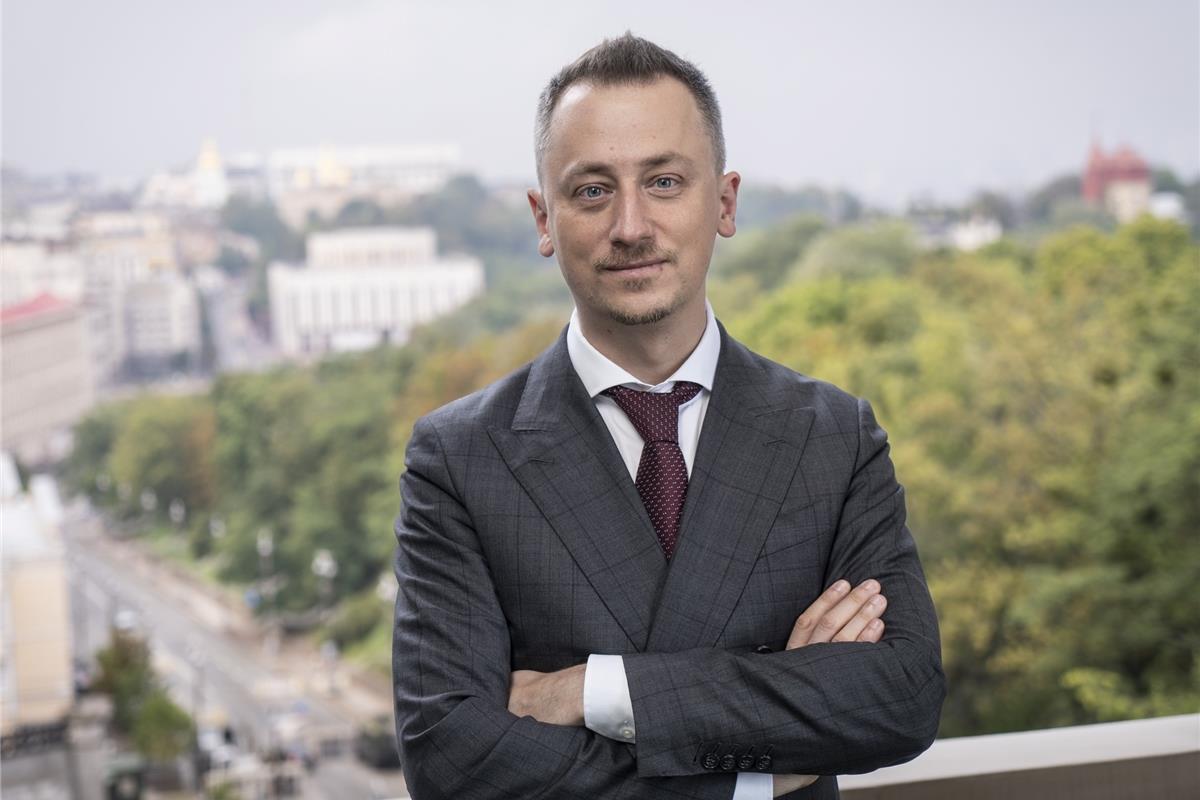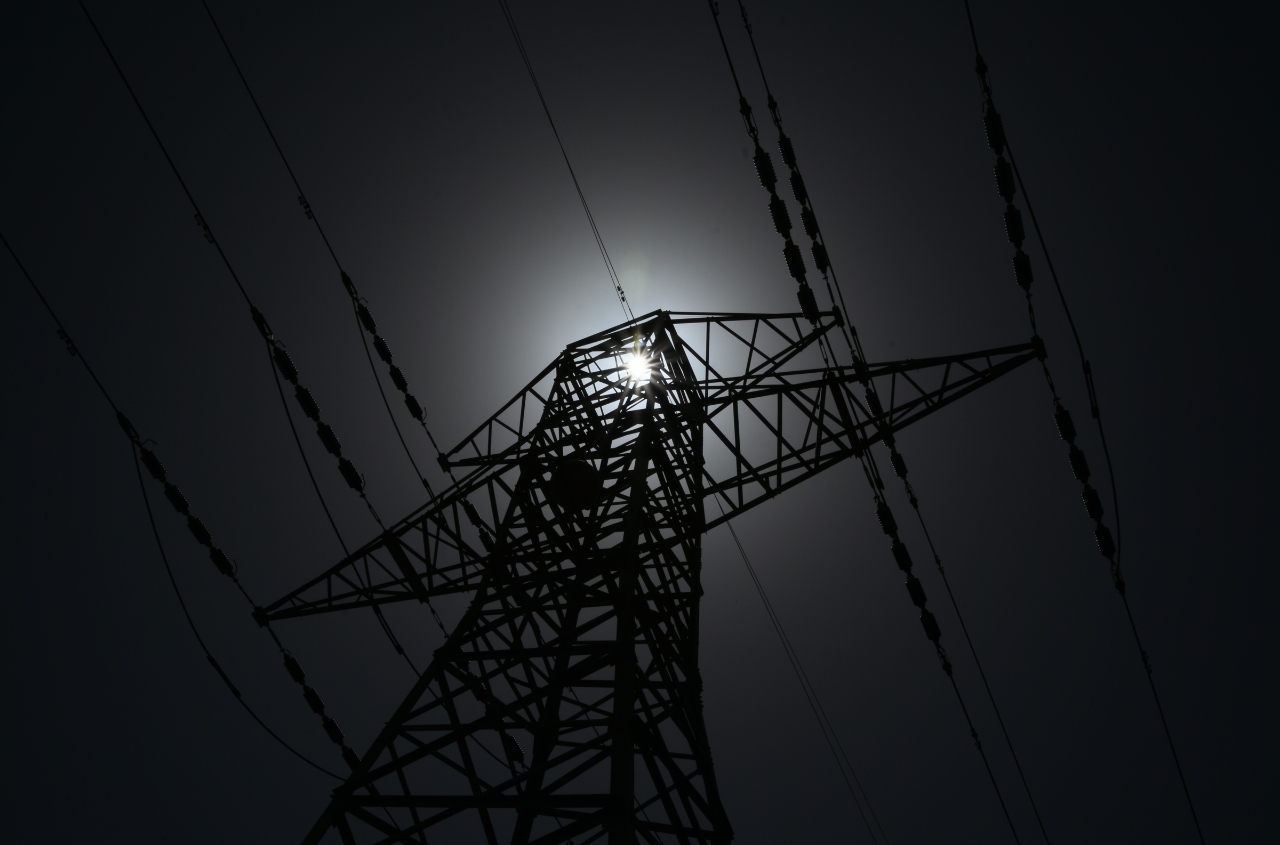Ukraine is accelerating its demining initiatives, with over 150 heavy demining machines, 69 certified demining operators, and more than 4,000 sappers working to clear its land of explosive hazards, First Deputy Prime Minister and Minister of Economy Yuliia Svyrydenko announced at the Demine Ukraine 2.0 forum.
Since 2022, approximately 174,000 square kilometers of land—an area larger than 8.5 times Slovenia's size—has been identified as potentially contaminated. Thanks to collaborative efforts with international partners and donors, over 35,000 square kilometers have been surveyed and returned to productive use.
To support farmers, the government introduced a 100% compensation mechanism for demining services, where demining contracts are auctioned via ProZorro. This programme has seen significant interest, with over 190 applications from farmers and cost savings of over 90 million UAH through competitive bidding. For 2025, the state budget allocates 1 billion UAH for further compensation.
The government has also prioritized local production of demining equipment. Croatian company DOK-ING localized production in Ukraine, with its MV-4 machine earning international certification. Additionally, Ukraine's first domestically produced demining machine has passed certification, with another expected to follow by early next year. To incentivize local manufacturers, the government offers a 15% rebate on purchasing Ukrainian-made demining machines.
Efforts extend beyond equipment. The government introduced the profession of "deminer," offering training vouchers supported by UNDP. Programmes have seen high demand, with 10 candidates competing for each spot. Innovations like AI-driven satellite analysis, drone technology, and laser applications are being tested for efficiency and precision.
The Ministry of Economy plans to digitalize operator certification, aiming to streamline the process in 2025. By adopting "Made in Ukraine" principles, the government aims to enhance local manufacturing capabilities, improve maintenance turnaround, and increase demining speed.
"We expect next year to be even more productive, focusing on innovations, partnerships, and developing Ukrainian demining technologies," Svyrydenko concluded.





















